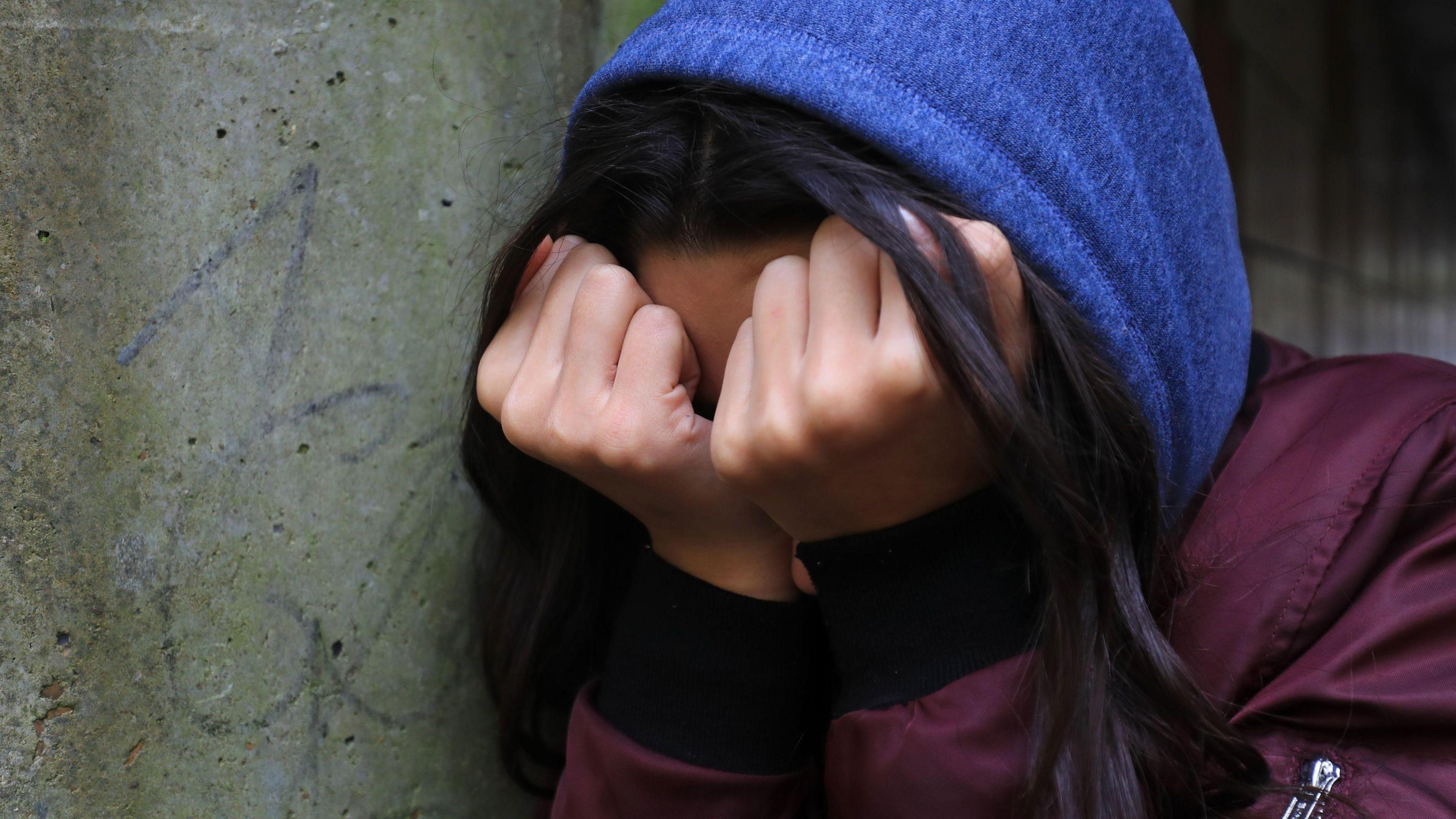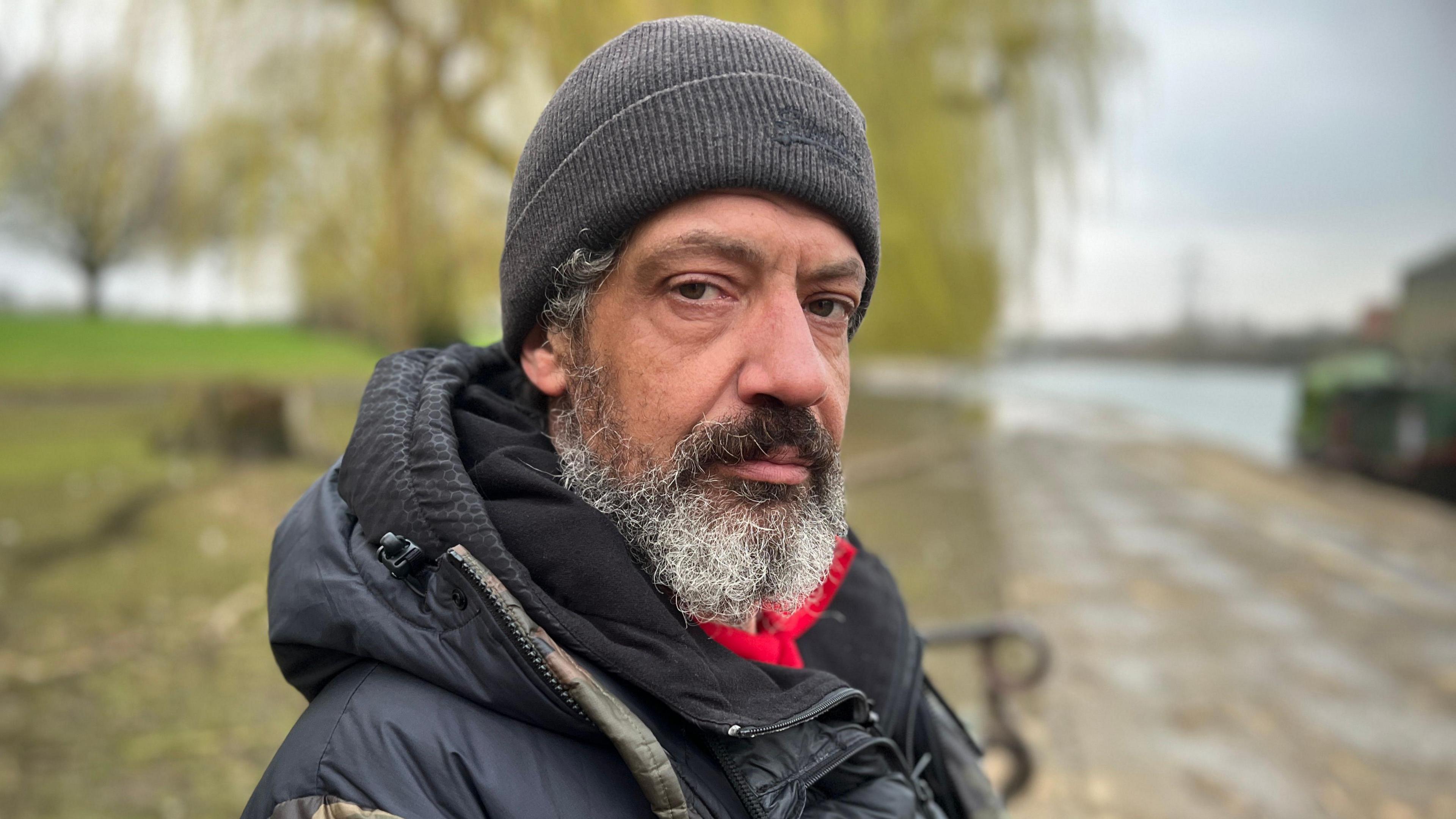Relationship breakdown increases risk of suicide - charity

CPSL Mind is offering 100 fully-funded places on its Stop Suicide workshop
- Published
A mental health charity has been offering suicide prevention training to volunteers working with people experiencing relationship breakdown.
Relationship breakdown, divorce and separation are recognised as factors that can increase the risk of suicide, according to Cambridgeshire, Peterborough and South Lincolnshire (CPSL) Mind, external.
The charity has offered 100 fully-funded places on its Stop Suicide workshop, throughout May and June.
Lily Anderson, from CPSL Mind, said the charity's campaign focused on an often complex life situation, which evidence suggested could increase the risk of suicide.
The Stop Suicide campaign aims to build awareness of how everyone can play a part in preventing suicide.
The charity aims to engage with more than 50 local organisations including community groups and family court staff.
The three-hour workshop will equip participants with the skills they need to recognise suicide warning signs, ask directly about suicide and support individuals at risk. A one-hour suicide prevention talk will be also available.
While suicidality is complex, research by Samaritans, a charity supporting isolated people, highlights the potential impact of individuals becoming disconnected from domestic relationships and social norms.
"Samaritans’ research highlights the importance of raising awareness of suicide warning signs among anyone who is supporting individuals who are facing a potential breakup, separation or divorce," said Ms Anderson.
"[This] for some, can result in the loss of support networks as well as changes in housing situations, personal finances and contact with children.
“Our aim with this campaign is to empower those who regularly work alongside people experiencing relationship breakdown, or at risk of doing so, to have open conversations about suicide if they are worried about someone – and know how to respond helpfully to a person at risk."
The free training is available, both face-to-face and online.
Follow East of England news on Facebook, external, Instagram, external and X, external. Got a story? Email eastofenglandnews@bbc.co.uk, external or WhatsApp us on 0800 169 1830
Related topics
More stories
- Published19 March 2024

- Published11 March 2024

- Published8 March 2024
